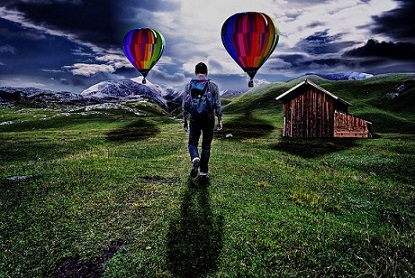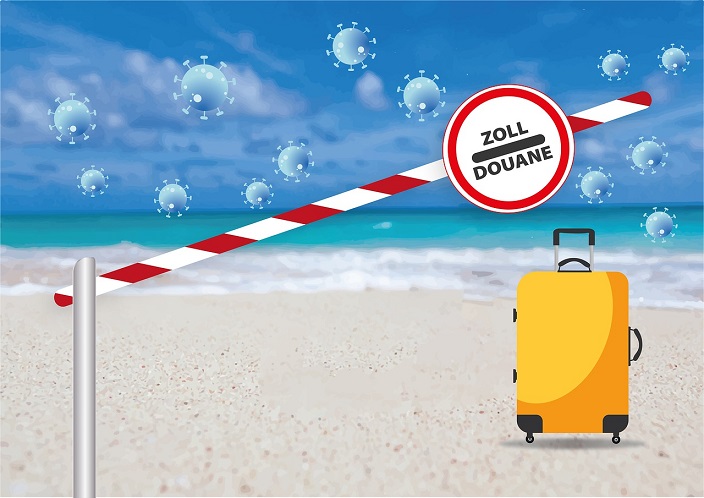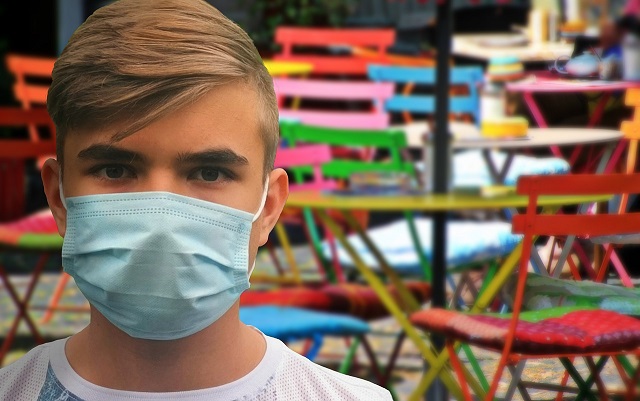A world in turmoil since the appearance of Covid-19, today paves the way for new trends in many aspects of tourism, such as hotel management, marginalised by constant sanitary confinements.
This criterion is supported by the most important analysts of the current situation, European electronic bulletins such as the Preferente and Reportur, and the columns that constantly reflect the precarious progress of the travel industry due to the pandemic.
It is the case that the hotel industry, faced with unprecedented challenges in 2021, seeks variants dependent on companies and individual properties.
The hotel industry was quick to implement elevated safety and hygiene procedures in the weeks and months after the first declaration of the pandemic (March 2020), but companies are likely to continue building and improving their various programmes.
Therefore, it is a question of shaping those solutions this year, when administrations are not only looking to reassure guests, but to separate themselves from the competition.
 Hotels and resorts introduced extended-stay programmes and packages in droves last year, and that trend will continue into 2021 as guests seek more productive stays.
Hotels and resorts introduced extended-stay programmes and packages in droves last year, and that trend will continue into 2021 as guests seek more productive stays.
According to GlobalData travel and tourism analyst Ralph Hollister, uncertainty can lead to people doing everything possible during a big trip.
Instead of short journeys, longer ones are applicable, since the former can be cancelled due to sanitary measures, and this would be the most relevant trend in the year.
As this variant exists, rest and work are complementary, dependent on stable and appropriate communication networks with fast access to Wi-Fi, to achieve workstations in hotels.
Therefore, it is essential to improve technology in hotels, airports, restaurants and other places where people go with their mobiles and laptops, to share rest with productivity.
 Experts like Hollister point out then that 2021 will be a strong year for hoteliers in the adoption of technology, to reduce points of physical contact between guests.
Experts like Hollister point out then that 2021 will be a strong year for hoteliers in the adoption of technology, to reduce points of physical contact between guests.
Using IoT technology, for example, to control room settings also allows hotels to collect more customer data, creating a personalised experience.
Included amongst the trends is the offer of food and beverages in a system that limits human interactions, either through room service, such as leaving food at the doors and scannable menus.
Flexibility must, therefore, be the watchword for the hotel industry in the midst of a situation that nobody knows when it will end, vaccinations aside. (PL)
(Translated by Susan Seccombe – Email: ess.translations[@]gmail.com) – Photos: Pixabay













.jpg)












